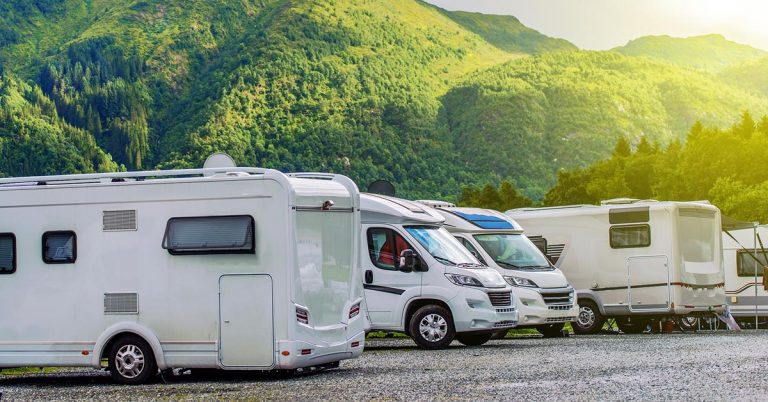A Recreational Vehicle (RV) is a major investment, but it can also be the perfect solution to affordably travel across the country. Ideal for everyone from families with young kids to retirees, RV’s allow you to see the country without the high cost of mounting hotel bills.
Storage Solutions: Storing a Camper
You’re not going to be on the road all the time and when it’s time to go home, you’ll need somewhere to store your camper or motorhome. You can’t always store it on the street, and it’s probably too big to store in your garage. With the popularity of recreational vehicles on the rise, however, many self storage facilities are now providing parking spaces for storing your RV or camper.
The most obvious advantage of storing your RV is convenience; you’ll have a place to park your camper or motorhome that isn’t your driveway, but is close enough to home that going to get it before a weekend getaway or vacation doesn’t become unnecessarily tedious.
If you’re planning on storing a camper or RV for an extended time, it would be wise to prepare it accordingly. There are several things you can do with your RV when parking it to help maintain its condition and ensure longevity.
10 RV & Camper Storage Tips
- Wash and wax your RV before parking it at the self storage facility can prevent dirt and dust from building up.
- Cover any vents that may allow insects to crawl into your vehicle
- Disconnect your battery. If you live in area that gets really cold during the winter, you should remove the battery entirely and store it in a more climate controlled area. Remember to take off the negative terminal first.
- Turn off the pilot light to the stove and disconnect the propane at the source.
- Turn off the refrigerator. After you have defrosted your refrigerator and cleaned it, put some baking soda in and keep the door slightly ajar to allow air to circulate inside of it. This will prevent it from developing any odor.
- Remove anything perishable from the RV and open all drawers and cabinets.
- Drain all the water from the tanks.
- Make sure all windows and doors are completely closed. This will prevent bugs, birds, and animals from getting into your RV. Also, make sure that the blinds are down. This will shield your furniture from the sun’s rays.
- Cover and inflate tires to preserve them. Park your RV on pads to prevent your tires from forming soft spots. If you do not move the vehicle or the tires every so often you will get a big flat spot.
- Put fuel in the vehicle and generator and add fuel stabilizer. Run the engine so that the stabilizer can circulate in the engine. Ideally, you should re-start your engine every two months.
Following these tips on how to store your camper or RV helps ensure your home away from home is ready when you’re itching to get on the road again.


